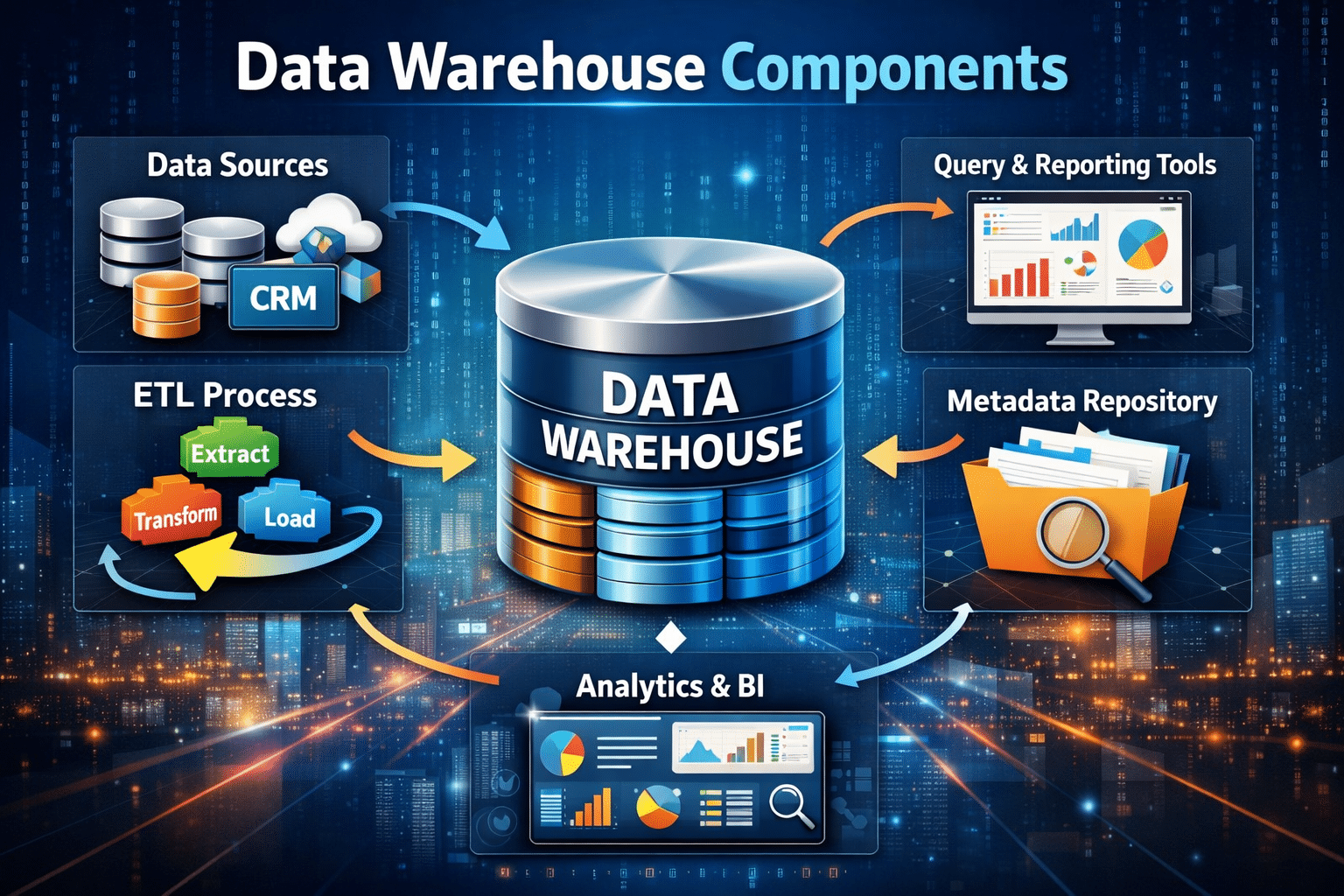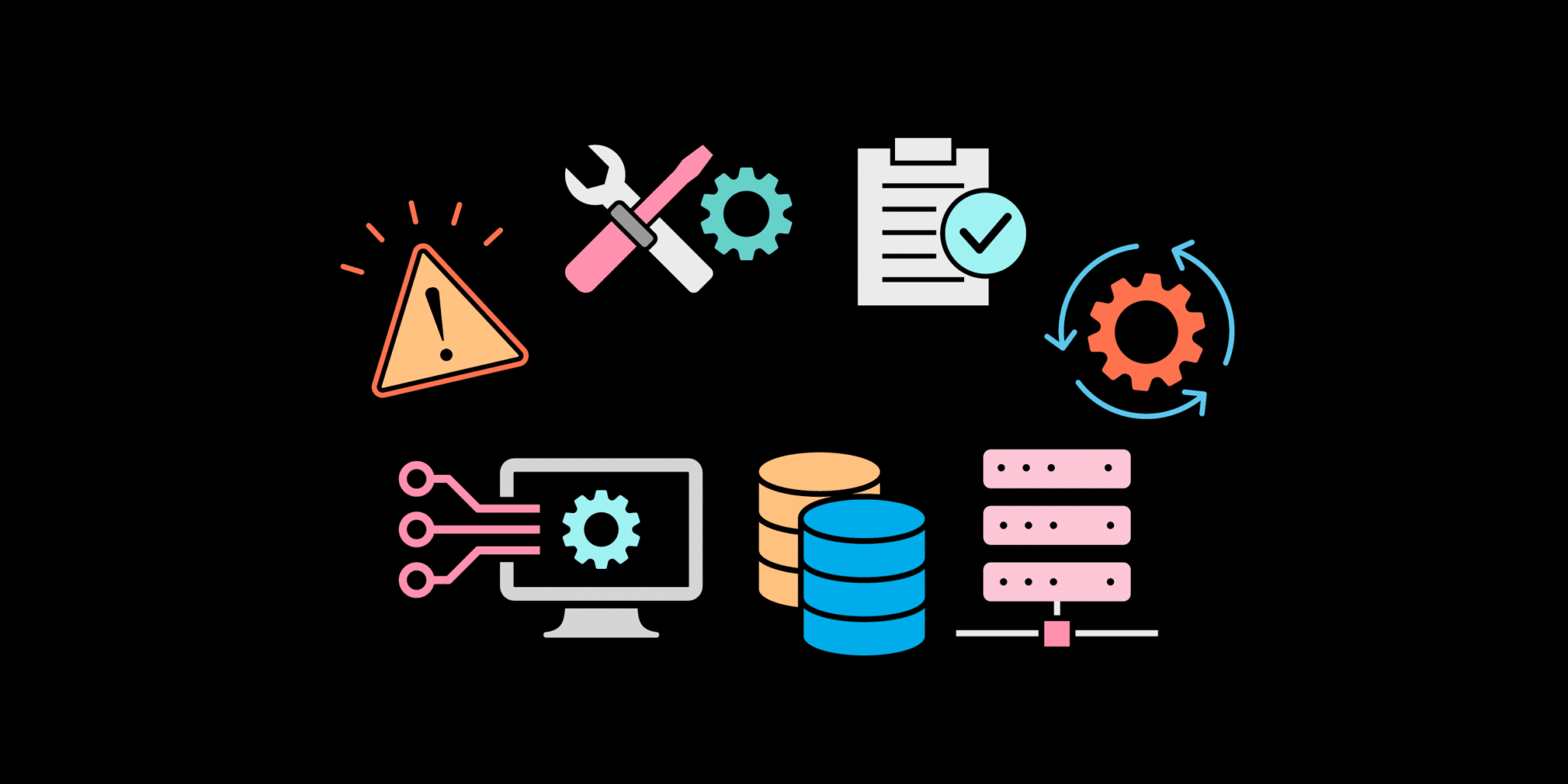Businesses searching for custom Java application development services often want more than code. They want a long-term partner who can build, modernize, and integrate Java solutions tailored to their operations. At Atiba, our custom Java software development services help companies design scalable web, mobile, and enterprise systems powered by Java’s proven performance and flexibility.
Partnering with expert developers, like the ones at Atiba, can significantly enhance outcomes by transforming complex requirements into user-friendly applications. Through thoughtful application of Java, businesses can achieve high-performance software that stands the test of time.
Understanding Custom Java Development
Custom Java development involves tailoring software solutions to fit unique business needs using Java’s robust platform. This form of development benefits from Java’s vast ecosystem and the language’s inherent advantages, making it a top choice for businesses looking to deploy reliable and scalable applications.
Java Development Ecosystem
The Java development ecosystem encompasses a wide array of tools and frameworks that enhance the efficiency of Java developers. Tools like Eclipse and IntelliJ IDEA provide robust coding environments that improve productivity. Java Development Kit (JDK) and Java Runtime Environment (JRE) are essential for compiling and running Java applications.
Frameworks such as Spring and Hibernate simplify complex tasks, while Java SE (Standard Edition) and Java EE (Enterprise Edition) offer core and advanced capabilities for developing scalable enterprise solutions. Extensive community support ensures continuous improvement and up-to-date solutions for any technical challenges.
Advantages of Java for Custom Software
Java is platform-independent, which means Java applications can run on various devices without modification, offering a crucial advantage in today’s diverse digital landscape. It also benefits from high portability, allowing code written once to be deployed across different systems.
The language’s strong memory management and garbage collection features enhance performance and reliability. Java’s unique modularity, as seen in Java 9’s modules, ensures code maintainability and scalability, making it ideal for complex and large-scale projects. Custom Java development services often leverage these strengths to deliver robust, efficient solutions for businesses seeking tailor-made applications.
Application Development with Java
Java plays a crucial role in diverse application development landscapes due to its adaptability and robustness. This section explores its applications in web and mobile development, enterprise solutions, and the IoT ecosystem.
Web and Mobile Application Development
Java continues to be a favorite for developing both web and mobile applications because of its platform independence. With its strong support for object-oriented programming, Java enables developers to build scalable and reusable code. In web development, frameworks such as Spring and JavaServer Faces (JSF) simplify building robust, high-performance applications. For mobile, Android development leverages Java’s extensive library support and community base, facilitating efficient app development.
Integration capabilities with databases and third-party APIs enhance Java’s web and mobile prowess. Java-based SaaS application development offers businesses a scalable cloud-based solution tailored to their needs. The language’s mature ecosystem ensures ongoing advancements and robust tool support, making it essential for building modern web and mobile solutions.
Enterprise Java Applications
Enterprise applications require durability, security, and scalability. Java’s Enterprise Edition (EE) simplifies the creation of such solutions with its extensive API set and application servers like WildFly and Apache TomEE. These tools ease the development of large-scale business applications while maintaining flexibility and integration capabilities.
Java EE supports complex transactions and concurrency, making it ideal for enterprise-level deployments. It aids in Java application modernization by providing legacy system reengineering, cloud integration, and performance tuning. Java’s reliability fosters the development of secure enterprise systems, meeting the demanding needs of enterprise environments and ensuring streamlined operations.
Java and IoT Ecosystem
The Internet of Things (IoT) ecosystem benefits greatly from Java due to its platform neutrality and robust security features. Java’s adaptability enables it to power diverse devices from edge sensors to backend servers. As industries move toward connectivity, Java’s multi-threading and remote method invocation capabilities simplify the handling of complex IoT tasks.
Java’s integration with cloud services enhances its function in IoT, allowing real-time data processing and decision-making. The language’s capability to support both mobile and enterprise applications strengthens its position in IoT. With a growing need for interconnected systems, Java’s scalability and robust libraries make it indispensable for IoT applications.
Why Choose Custom Java Application Development
Custom Java application development gives businesses the freedom to build software that precisely fits their goals. Unlike off-the-shelf tools, Java development services allow companies to design systems around specific workflows, integrate with existing data sources, and scale as operations grow. Whether you need a complex enterprise system, a secure web portal, or a cloud-ready mobile app, Java offers a proven foundation for performance and reliability.
Include short bullet points:
-
Seamless integration with legacy systems
-
Cross-platform compatibility
-
Future-proof scalability through modular architecture
-
Enterprise-grade security and performance
Ensuring Quality and Security in Java Projects
Maintaining high standards in quality and security is crucial for custom Java development. Effective project management practices and strict adherence to security measures help achieve these standards, ensuring robust and efficient software solutions.
Best Practices in Java Project Management
Effective project management includes setting clear objectives and timelines. Detailed planning helps teams prioritize tasks, track progress, and manage resources efficiently. Collaboration tools like JIRA and Trello facilitate communication and task management.
Code reviews are vital. They ensure that the software adheres to quality standards and reduces bugs. Automated testing, using tools like JUnit, helps verify that different components function as expected.
APIs integration and legacy application migration present unique challenges. Careful planning and testing ensure that new implementations work seamlessly with existing systems. Modern software architecture practices enhance user experience and scalability.
Security Measures and Compliance
Ensuring compliance with security standards is paramount. Regular security audits identify vulnerabilities in Java projects. Tools such as OWASP ZAP can assist in pinpointing weaknesses.
Implementing best practices like secure coding, encryption, and identity management mitigates risks. Using frameworks like Spring Security helps in building secure applications that protect users’ data.
Adherence to industry standards, such as GDPR and CCPA, ensures legal compliance. Regular training for developers on the latest security trends strengthens the team’s ability to recognize and counter potential threats effectively. Ensuring security is not just about defense but also about creating a trustworthy environment for users.
Integrating Java Solutions with Modern Technologies
Integrating Java solutions with modern technologies involves leveraging its capabilities in diverse domains such as cloud development, big data, and artificial intelligence. Java continues to evolve, accommodating frameworks and platforms that ensure scalable and efficient software solutions.
Java and Cloud Development
Java plays a crucial role in cloud development, especially for building scalable solutions. Through Spring Boot, developers can create microservices that run seamlessly in the cloud, enhancing flexibility and efficiency.
Many organizations deploy Java applications on platforms like AWS and Azure, capitalizing on robust API development to ensure seamless interaction between services. With MongoDB and PostgreSQL, Java developers build data-intensive applications ready to handle increased loads and ensure data integrity.
In the banking sector, Java solutions facilitate secure cloud-based transactions, ensuring reliability and scalability. Engaging a dedicated Java team for cloud projects can enhance the integration process, reducing the risk of downtime and optimizing application performance. Consulting services often provide tailored cloud strategies that align with business goals and modern technological demands, ensuring smooth Java migration to cloud environments.
Embracing Java in Big Data and AI
Java’s versatile nature makes it instrumental in the realms of big data and AI. It supports frameworks that drive machine learning and image analysis algorithms, offering scalable solutions to process large datasets efficiently.
Incorporating Java into big data technologies enables organizations to manage and analyze vast amounts of information with precision. Solutions often involve integrating with tools like Apache Hadoop or Spark, facilitating the development of data-driven applications. Through Java, structured handling of data in databases such as MongoDB and PostgreSQL becomes streamlined.
For AI, Java aids in creating applications capable of complex data processing and advanced computation. Java consulting services often include expertise in software engineering that leverages UI frameworks like ReactJS to build intuitive interfaces for AI-powered tools, enhancing user interaction and data visualization.
Frequently Asked Questions About Custom Java Development
Q1: What are the benefits of custom Java development?
A: It provides tailored software that fits your exact business goals, offering better integration, scalability, and long-term support.
Q2: How much does custom Java software development cost?
A: Pricing depends on project complexity, team size, and technologies used. Atiba provides transparent estimates for all Java development services.
Q3: Why choose Atiba for custom Java application development?
A: Our developers combine 30+ years of enterprise experience with modern frameworks like Spring Boot and Hibernate to deliver secure, scalable Java applications.
Our Custom Java Development Services
Atiba’s custom Java development services cover every phase from architecture design and coding to deployment and long-term maintenance.
-
Java Web Application Development: High-performance web apps built with Spring Boot and modern frameworks.
-
Enterprise Java Solutions: Custom software tailored for large-scale systems.
-
Java Integration & API Development: Seamless connection between internal and third-party systems.
-
Java Modernization & Migration: Upgrade legacy systems to cloud-based Java architecture.
We empower businesses to build high-performing applications that grow with their needs. Whether you need a full Java development team or project-based support, our experts deliver end-to-end solutions that combine innovation, scalability, and long-term reliability.
Contact us for more information on custom Java development services.








